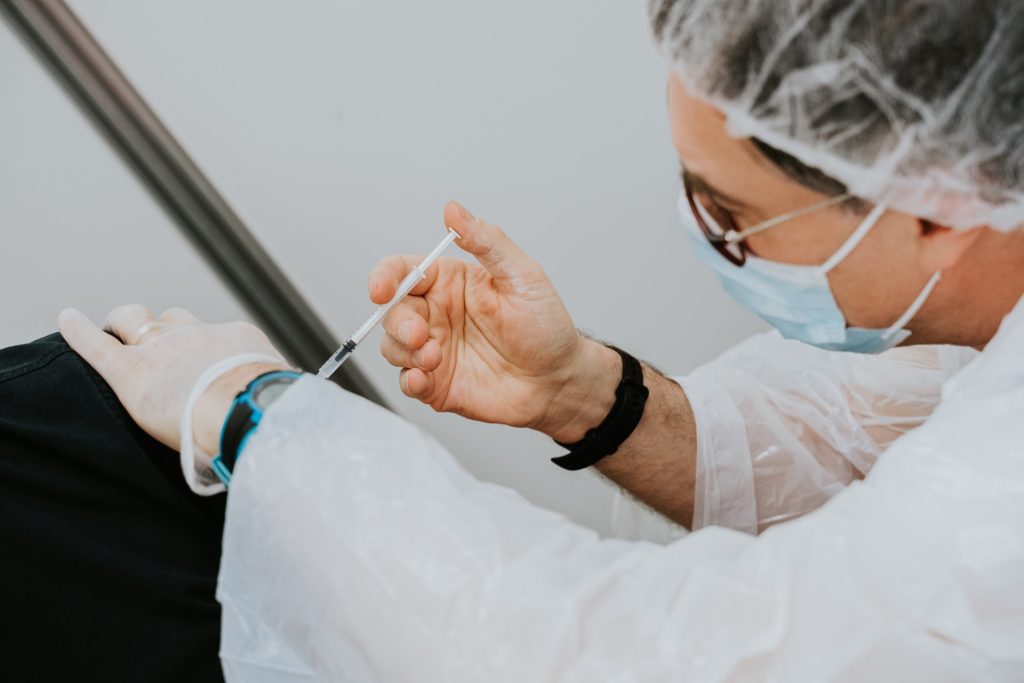
A paper awaiting peer review on the MedRxiv preprint server shows that menstrual changes in women receiving after the COVID vaccine are quite common.
Many people began sharing that they experienced unexpected menstrual bleeding after being vaccinated for COVID, an emerging phenomenon which was undeniable yet understudied.
Unfortunately, dismissal by medical experts fueled greater concerns, as both vaccine hesitant and anti-vaccine individuals and organisations began to conflate the possibility of short-term menstrual changes with long-term harms to fertility. Many influencers used this well-used framing of protecting women as a means of further anti-vaccine messages.
There are many plausible biological mechanisms that could explain a relationship between an acute immune challenge such as a vaccine, its corresponding and well-known systemic effects on haemostasis and inflammation, and menstrual repair mechanisms of the uterus. The uterine reproductive system is flexible and adaptable in the face of stressors. Examples include marathon running having short term influence on hormone concentrations in the short term; short-term calorie restriction that results in a loss of menstrual cycling can be overcome by resuming normal feeding; that inflammation influences ovarian hormones; and that psychosocial stressors can correspond to cycle irregularity and yet resilience can buffer one from these harms. Typhoid, Hepatitis B, HPV vaccines have all had menstrual irregularity associated with them.
While sustained early stressors can influence adult hormone concentrations, short-term stressors resolve and do not produce long-term effects. This is quite different from the sustained immune assault of COVID itself: studies and anecdotal reports are already demonstrating that menstrual function may be disrupted long-term, particularly in those with long COVID.
In this sample, 42% of people with regular menstrual cycles bled more heavily than usual, while 44% reported no change, after being vaccinated. Among people who typically do not menstruate, 71% of people on long-acting reversible contraceptives, 39% of people on gender-affirming hormones, and 66% of post-menopausal people reported breakthrough bleeding. We found increased/breakthrough bleeding was significantly associated with age, other vaccine side effects such as fever or fatigue, history of pregnancy or birth, and ethnicity.
Many respondents who had post-vaccine changes did not have them until fourteen days or longer post-inoculation, which extends beyond the typical seven days of adverse symptom reporting in vaccine trials.
Source: MedRxiv

